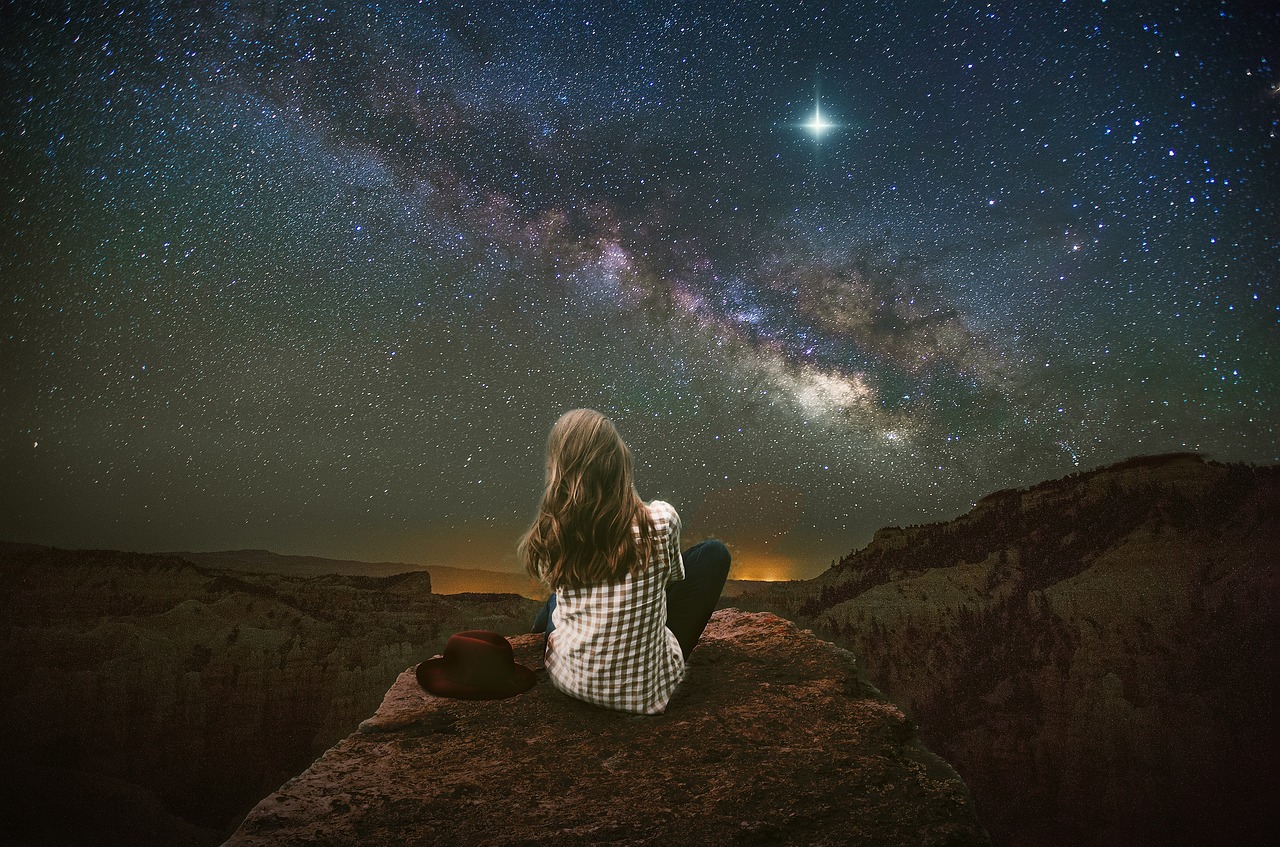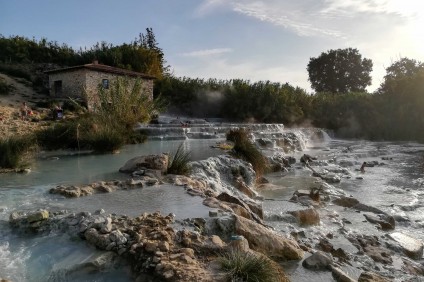Raise your hand if you have never raised your eyes to the sky on the night of Saint Lawrence, to see at least one shooting star and entrust her with a hidden desire. The magic of the night of August 10, in fact, cannot be explained and, every year we let ourselves be fascinated by those luminous trails that cross the night sky. May they then realize our dreams and desires who can know. Meanwhile, better believe it, you never know!
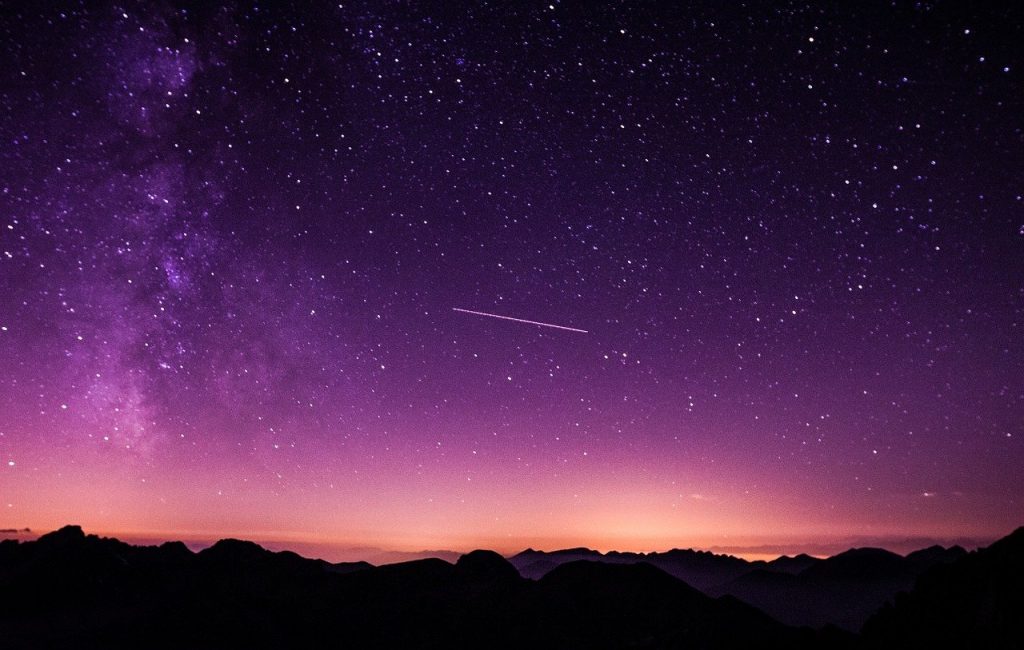
San Lorenzo the night of shooting stars
It's now a forgotten tradition that on the night of August 10, we organize ourselves to admire the spectacle of the “shooting stars”. Bonfire on the beach, a stakeout on top of a mountain. The more experienced also have sophisticated technological equipment. However, in any way you want to do it, you cannot give up on this phenomenon that is repeated every year, in the month of August. The story linked to the “fall of the stars” has its roots in distant times and, with various interpretations.

The ancient Greeks, in fact, believed that these celestial objects were the seed of the god Inuo-Priapus. Divinity linked to fertility and, in these summer nights, spreads its essence by fertilizing the fields. In Christianity, on the other hand, August 10 became the feast in honor of San Lorenzo. The stars according to tradition represent the tears of the Saint or, the sparks coming from the grill on which Lorenzo was placed and martyred.
During San Lorenzo the Perseids meet the Earth
But what are the trails we see plowing our skies? In reality they are not properly called stars but, it is a shower of meteorites belonging to the Perseids, which the planet Earth encounters in its orbit around the Sun. The Perseids are therefore meteors born from the explosion of the comet Swift Tuttle. When these fragments meet our atmosphere they ignite, generating the light trails that fascinate us all. News of the first observations date back as far as 36 AD. in China.
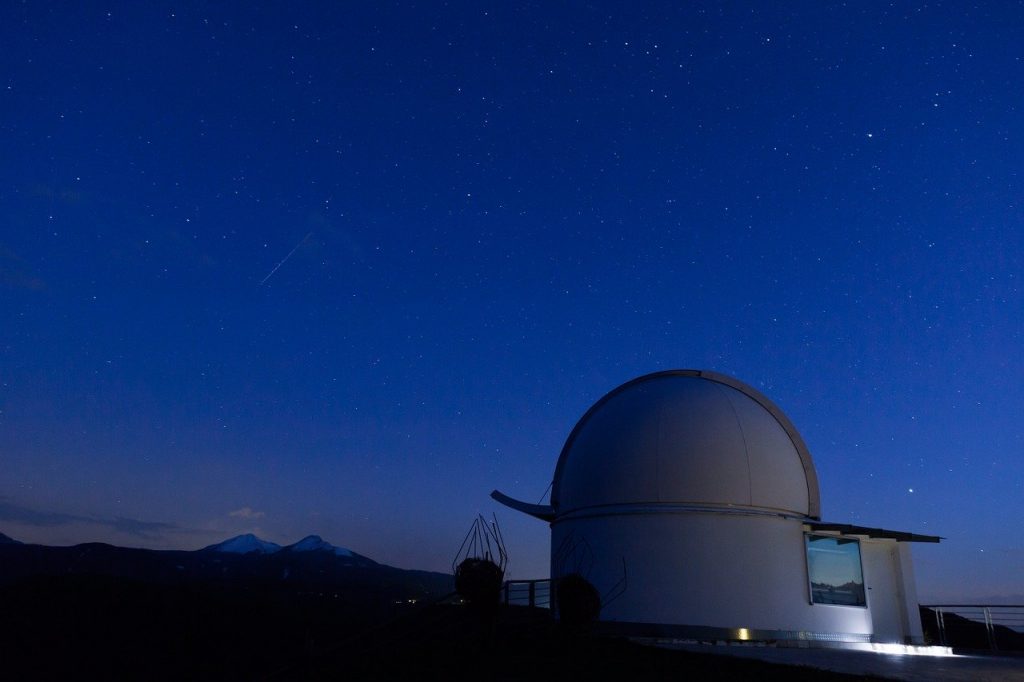
However, it was an Italian, the astronomer Giovanni Virginio Schiaparelli in 1866 to establish their origin and also discover the link between meteors and comets. The name Perseids, on the other hand, is linked to the point of origin from which the meteors come, that is the constellation of Perseus. The meteor shower of the Perseids usually occurs from the month of July, but finds the moment of greatest visibility between 10 and 12 August.
A wish for a star
The sight of a “shooting star” was once considered a nefarious sign from heaven. superstitions, spiritism, ignorance of natural phenomena and the conception that every atmospheric, natural and astronomical event was a punishment or a warning, strongly influenced the life of men. Over time, however, the sight of a luminous trail in the night sky has taken on a fatalistic meaning and, why not, romantic.
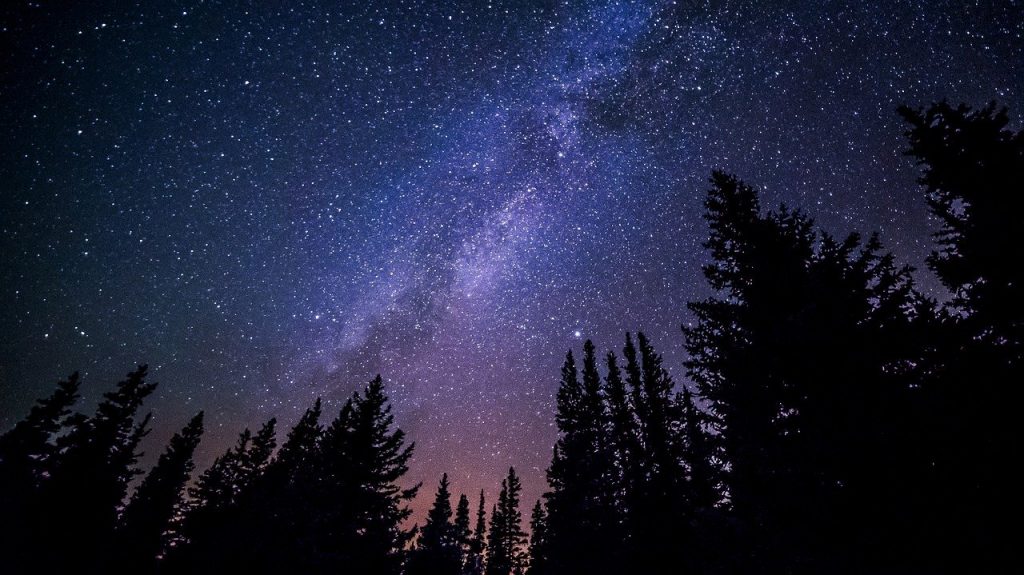
In fact, there is nothing more poetic than entrusting our deepest intentions, our wishes, to a shooting star. Its trail metaphorically carries our insecurities with it. Our dreams traverse the universe, reach far-off worlds and for a moment we feel that we can become part of something greater than us. So on 10 August, in San Lorenzo, everyone is upturned. We express many wishes and may all come true.

